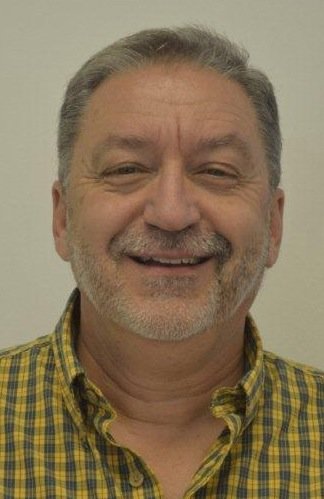Wayne Emory, Berne town board candidate
BERNE — Wayne Emory grew up in rural Fort Plain and wanted to live in the similar environment of Berne, holding a job for more than 30 years as a graphic artist with the state lottery.
He served on the Berne-Knox-Westerlo School Board for five years, starting in 1997, and is now running for his third four-year term on the town board.
“The last place I expected to be was on the political side of it, but I was approached eight years ago and, quite frankly, I’ve done nothing but enjoy it the entire time,” said Emory.
Emory, 56, is running with Democratic, Independence Party, and Conservative endorsements. He is an enrolled Democrat. He wants to be a part of the comprehensive plan review that has been developed over a period of years. Emory stays updated on the town’s planning and zoning meetings as a liaison for the board.
Emory said he doesn’t think hydraulic fracturing for natural gas could practically be set up in Berne. He said there is too much yet unanswered for him to have an opinion.
“To me, our water is our most important asset that we have,” Emory said. “When you mess around with that, it becomes something we really have to be careful with.”
Asked whether he has any particular issues he would like addressed as the board votes on zoning changes in the next term, Emory said, “Not really. We’ll see what happens after we study the comprehensive plan and any other recommendations that come from the planning board.”
He said the current zoning laws are not too restrictive for small businesses, and any growth should be sensitive to residents’ affection for their rural community. “I think they’re adapted with all in mind,” he said of the zoning laws.
Emory thinks the tax cap is feasible for Berne. “Again, as long as there isn’t any kind of state funding that would be taken away from us.” Like others on the board, Emory is concerned Berne would be vulnerable and unprepared with less surplus money.
On stormwater management projects, Emory said it would be necessary for the town to pursue them, but with cooperation from county and state agencies.
“I would hope we could spread the word in terms of what individual landowners could do,” said Emory.
Emory said the problem with the SAFE Act was the process by which it was passed and signed into law, which the board discussed and put into its resolution.
“Personally, I’m in favor of the registration process,” said Emory. “I understand that. Beyond that, I don’t have any strong way one way or the other.”
